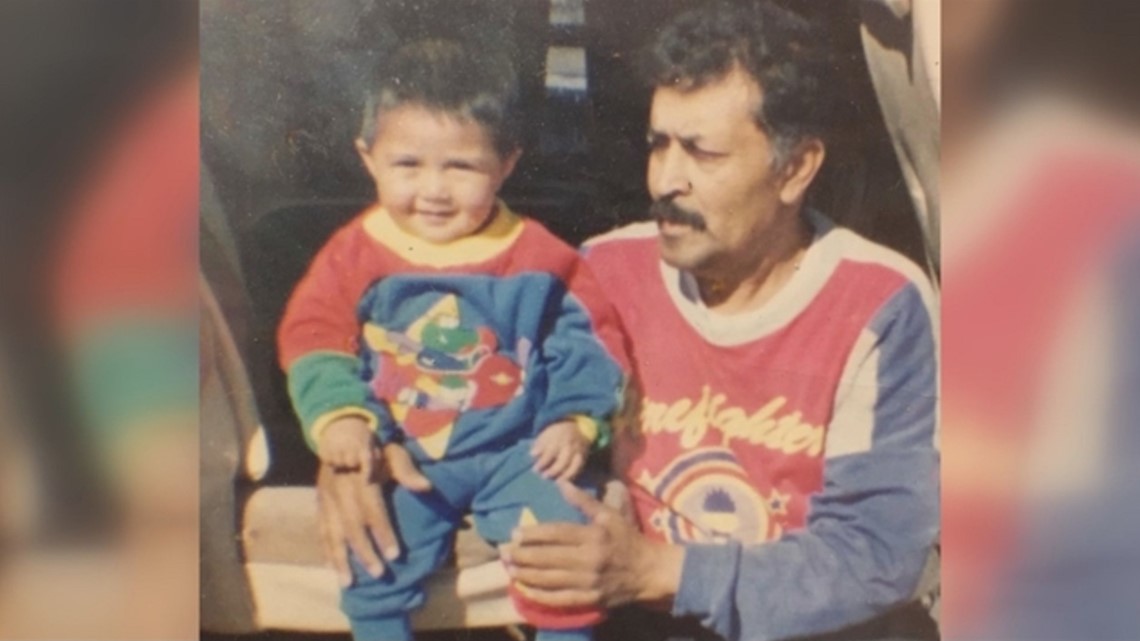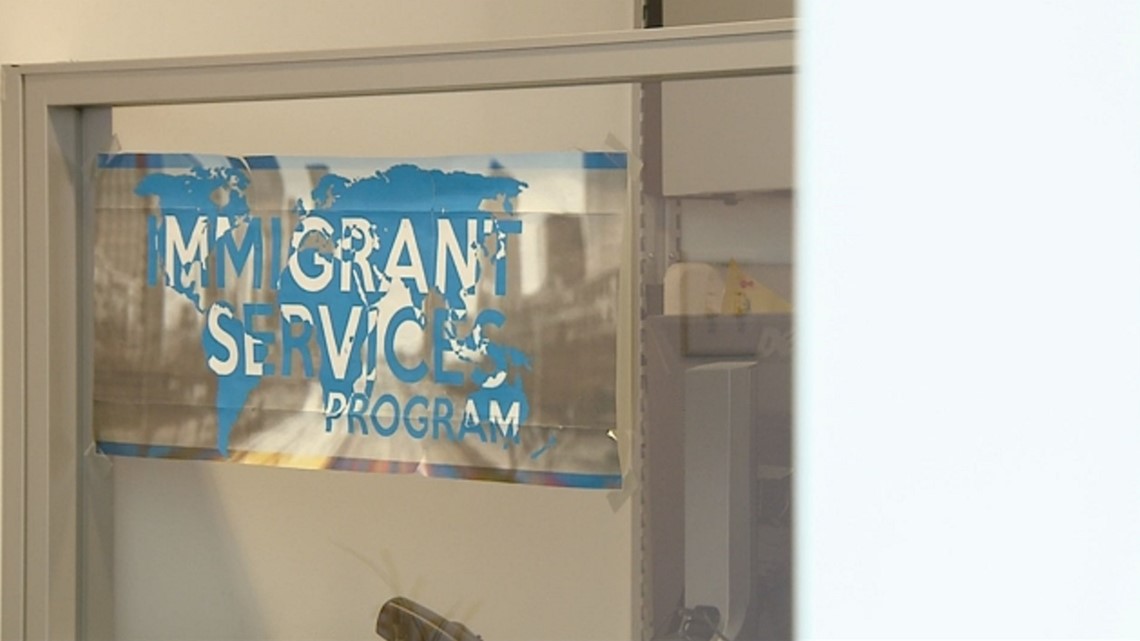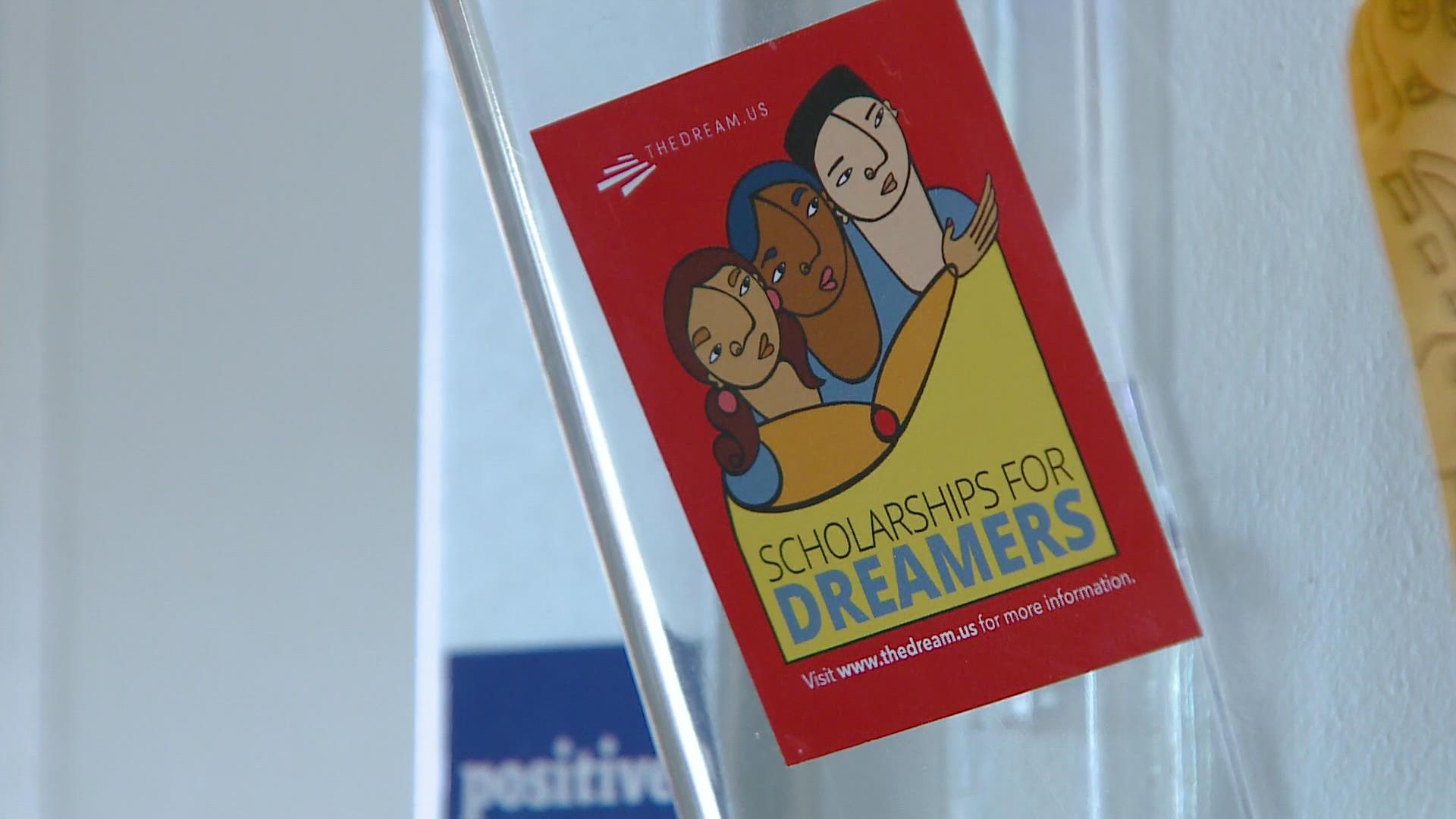DENVER — When Pablo Chavira was 4 years old, his parents brought him to Denver from Chihuahua, Mexico.
While the George Washington High School alum had supportive parents, he admits a worry he had growing up.
"Before DACA existed, I really did not know how I was going to pay for college," he said. "That was something that I was really worried about."
Chavira was able to qualify for the Deferred Action for Childhood Arrivals program, known as DACA.
This week 10 years ago, the Obama administration implemented the program, which allowed certain people who arrived to the U.S. as children, and met several requirements, to apply to qualify for work permits, financial aid and more.
The program has since met pushback both legally and politically.


In Chavira's case, he said, it allowed him to go to college in the first place, since DACA allowed him to also work while going to school.
"Being able to work on being able to have a stable income -- that's something that I still appreciate to this day. It's something that I'm really glad I have," he said.
He graduated from MSU Denver in 2020, and now works as an ESL Student Success Specialist for the university's Immigrant Services Program.
"Our role here is to support students regardless of their immigration status," he said. "We want to make sure that students are receiving financial aid if they're not eligible for FAFSA."
He makes sure most of the students he sees, 80% of whom he estimates are DACA recipients, are supported in school and are able to navigate the process of applying for financial aid.


A DACA recipient himself, Chavira knows how to navigate that process. He estimates that he had around 300 visits in the spring semester seeking his services.
However, Chavira said DACA isn't without its uncertainties, as fears over whether it would still be around set in at times while he was in school.
"It's a big panic for people who have DACA right now, because as a recipient, I want to be able to remain financially stable," he said.
Chavira hopes moving forward that the eligibility requirements expand.
"I do know the process and I also do know what it's like to not have it. So I can empathize a little more," he said.
Currently, Chavira said they're working to distribute 10 $2,000 grants to students for help with their DACA renewals.
As of March 31, 2021, there were 616,030 active DACA recipients, according to U.S. Citizenship and Immigration Services.
SUGGESTED VIDEOS: Education stories from 9NEWS

